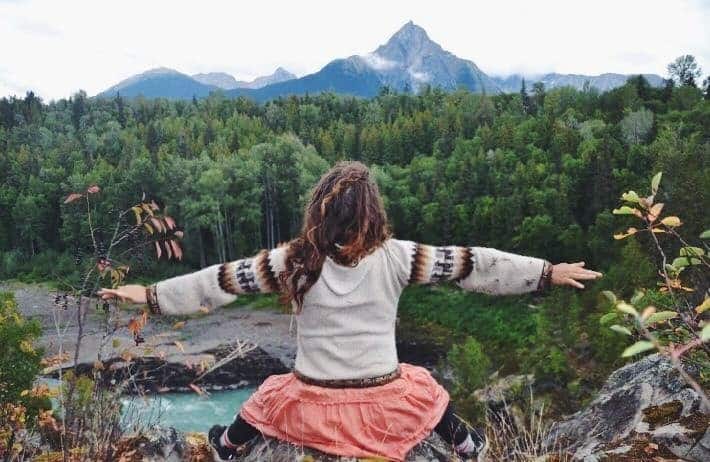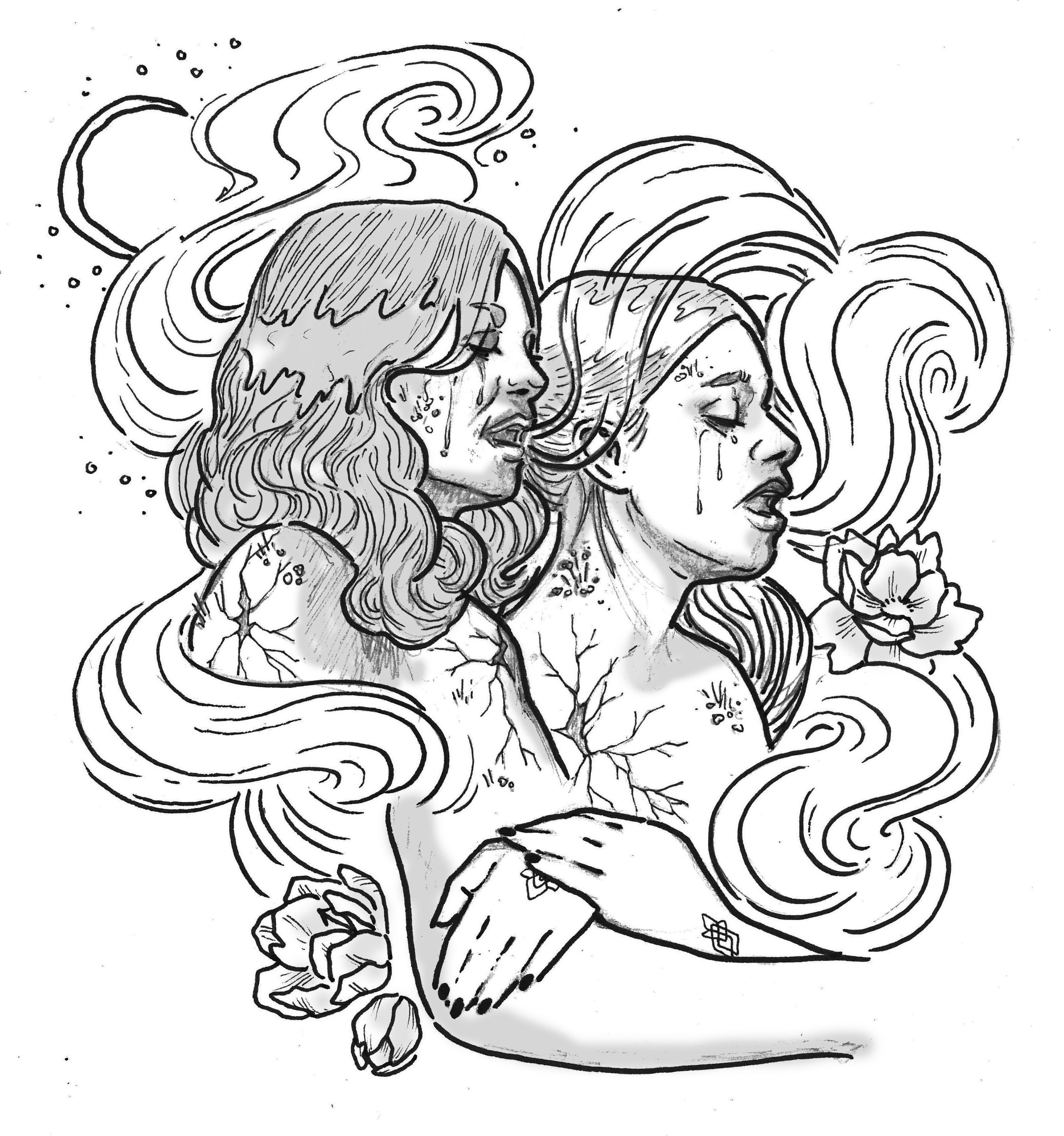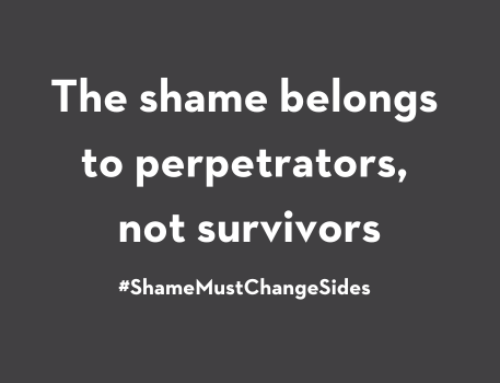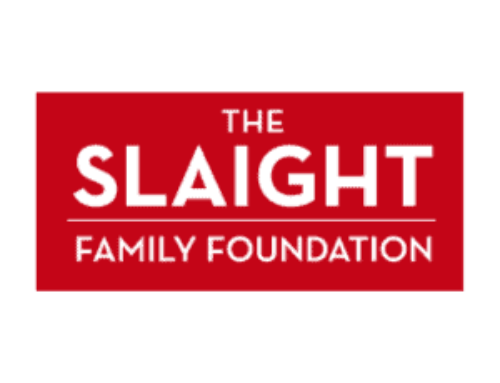Art by @mrfishink, published by The Awakened Press
Trigger Warning: Sexual violence, depression, suicidal ideation, self-harm
In 2016, author and activist Marlee Liss was raped only a week after returning from a women-centered yoga retreat. Feeling isolated in her trauma, she channeled her energy towards a writing project that blossomed into Re-Humanize – a book of poems and discussion questions about violence, depression, and healing.
What prompted you to write Re-Humanize? What kind of state of mind were you in when you began writing?
When I wrote the book, I had no intention of sharing it, ever. I had just experienced rape, and I spent the whole next day at the hospital. When I got home, I didn’t know what to do with myself. Am I supposed to just do normalcy? Watch Netflix? It felt really strange, so I just started writing and writing, and because my thoughts were really jumbled and foggy, I could only write short excerpts about how I was feeling.
But with time, I started showing it to more people. I eventually showed my mom because I noticed I was constantly disassociating when I was with her. And I knew that she wanted to support me, and I knew I wanted her help, but I wasn’t able to communicate where I was at. I felt cut off. So eventually I showed her the poems so they could be a bit of a bridge between us. I did the same thing with my sister and with a friend.
I ended up showing someone else I had just met, and coincidentally she was starting her own publishing company. By reading it, she remembered her own repressed trauma, which really changed her life. So it felt like a sign to share it, even though the idea of that was horrifying for me.
You’ve previously described the book as ‘raw’ – did the writing process help you heal from that rawness? If so, what is it about writing that worked for you?
Like a lot of people in our culture, I was really suppressing emotions like sadness and anger. Before this happened to me, I really identified as a “sunshine and rainbow” person who lit up the room when I walked in. Afterwards I had this identity crisis. I wasn’t my usual self and I didn’t know how to express where I was at. And at the same time, I didn’t have the energy to keep explaining my experience to people. It was like I was putting all my energy towards my own healing – I didn’t have the energy to practice self-growth. The writing helped that.
I think writing about this trauma allowed me to grieve for so many smaller traumas that I didn’t think were dramatic enough to rage about in the past. I had spent the summer before this happened on this yoga ashram, and that was all really celebrating women’s bodies. And then a week later, I was raped, and the floodgates of my whole life opened up. My spiritual beliefs, the way I saw myself… it all kind of imploded through the experience of rape.
Writing was essential for me because I was devastated and depressed and moving through suicidal thoughts. This was the one creation-based thing I had during a really destructive time. I was engaging in these self-sabotaging behaviors like disordered eating, causing harm to my own body, and so writing was a creative outlet that made me feel like I was like birthing something in a time of a lot of inner death. It also allowed me to sort out very muddled thoughts. Putting it onto paper made it feel more tangible. Like something I could kind of look at and move through. It felt bigger than me.
I think when we talk about a trauma, a lot of the time it’s kind of like this black void of darkness, and we don’t dive into it and look at the details. But I think it’s important to acknowledge that there’s many traumas within a trauma. One line that your abuser says could open up a whole other chapter of healing.
Is there a poem in the book that you like the best? What was the most cathartic to write, or the most difficult theme to address?
For sure – here’s a few of my favourites:
“I have a misplaced fear of the soccer team,” I say laughing
And my friends nod and understand
It is a fear of power and masculinity
The kind that destroys and doesn’t create
That dehumanizes and only calls at 3am
That has been taught to win
And to keep score of their conquests
To use language that asserts their dominance like
Did you hit that? Tap that? Did you bang? Get the kill?
It is strange how the language we use to describe sex is also the
language we use to describe warfare
It is strange how one person could say love making and another could
say f******
I have to assume that the person is simply as harsh as their words
And now I say it without laughing because I find it strange that I
wasn’t already scared of the soccer team
Up until this point, I was always looking inwards at myself and sorting through the details of what I experienced. But at this point, I shifted my healing outwards a bit. I started to think, ‘hey, maybe I’m not screwed up, and maybe it’s not just this one guy who screwed up, maybe it’s our whole culture, and our distorted expression of sexuality.’
That was a really pivotal moment for me. It allowed me to start questioning. I realized that this isn’t just about a monster and a victim, there’s something larger happening. I wanted to dive into that and understand it more and challenge it.
Trauma itself is a global earthquake
Relentless hands that shake your world
And when the shaking stops, it has only just begun
Because you look around and become lost in the damage:
The home of your body, it has been destroyed
Your openness to trust collapsed and your sense of safety demolished
It will take us months to count the losses
Everyday you find a new reason to grieve
So ignore them when they tell you to pick up your chin
For they are choosing ignorance in the face of the aftermath
Tell them it is not so easy to move forward
When your entire world is unrecognizable
This addresses the whole idea that healing isn’t linear, and that challenges the notion that ‘time heals all wounds.’ Trauma can be so much more than one event – it caused me to evaluate the whole world again. Trump was elected shortly after I was raped, and it felt like proof or validation of how hate was winning in the world. My pain felt so global.

Everything that once made me call myself beautiful
Was changed into something else
Like a dark evil twin that taunted my Light
My openness to trust became ignorant and naive
My connection to all became dumb and resentful
And I broke with the thought: How wrong I was to love so deeply
But in this space of beings who do love so deeply
Who find divinity in the water while celebrating the moon
I breathe as I let in this new thought:
Maybe everyone else is wrong
Maybe they are killing themselves with their denial of connection
Maybe they are walking this Earth with blindfolds and tripping over
compassion
Maybe they are poisoning their hearts with hate
Maybe they are wrong
And this does not fix everything
Not even close
But it allows me to face the girl within me who was so happy just to
be alive
And for the first time in a long time,
I hold her with compassion and I point my resentment somewhere else
I begin to see that this war within myself, it has been misplaced
And now I choose to stand with those who live a life of love
Infinite
Unbound
Because they are here
And I think they might be right
Because we are here and I think we are right
This one’s my personal favourite. It was just a really beautiful moment in all of it for me, when I first saw a glimpse of hope within all the despair I was feeling. It’s not this delusional ‘I’m healed’ moment, but it just made me really see that love still exists.
What advice would you give to other women and girls who’ve had an experience with sexual violence, and are looking for a creative outlet to heal and share their stories?
There’s so many different pathways to healing, I would say that it’s 100% okay to have your own healing process that doesn’t look like anyone else’s. Something that was really helpful for me was to find solidarity in other survivors. I attended a support group at the Toronto Rape Crisis Centre, and that might not be for everyone, but for me it was so beautiful to connect in our pain and move through it together. It felt great to speak about my experience and not have to explain myself so much, and just trust that I’m being understood.
I would also say that creating is one of the most powerful tools, it’s such a counter-tool to the destruction that might be happening within you after trauma. You might be struggling or feeling broken, but you’re also really powerful and expansive when you create or express artistically.
Last year I attended a women’s gathering led by an Indigenous Elder, and one of the women there had just lost her daughter. She was in a deep state of grief of course, and everyone there seemed to pity her. But the elder totally turned it around and was like ‘You know this woman actually has the most healing to offer all of you, because she has so much desire to mother coming through her, and she just has nowhere to put it. If any of you have had detrimental relationships with your mothers, look to her because she’s just pouring out maternal love.’ I think that’s the most beautiful shift – from victim to activist or healer. And I felt that too, when I was creating something out of all this crap. That’s a really empowering thing, whatever it might look like.
Re-Humanize is available for purchase on Amazon, in Caversham Booksellers, and in select Chapters/Indigo (and can be officially ordered into any location).
Learn More:
- Q&A: Support Needs Spike After #MeToo
- Art as Activism: Engaging with Feminist Art to Spur Social Change
- How One Woman’s Vision Created a Feminist Art Community
Take Action:
- Sign up for our e-newsletter to have our latest stories and resources sent to your inbox.
- Follow us on Facebook and Twitter to join a national conversation about gender equality.







